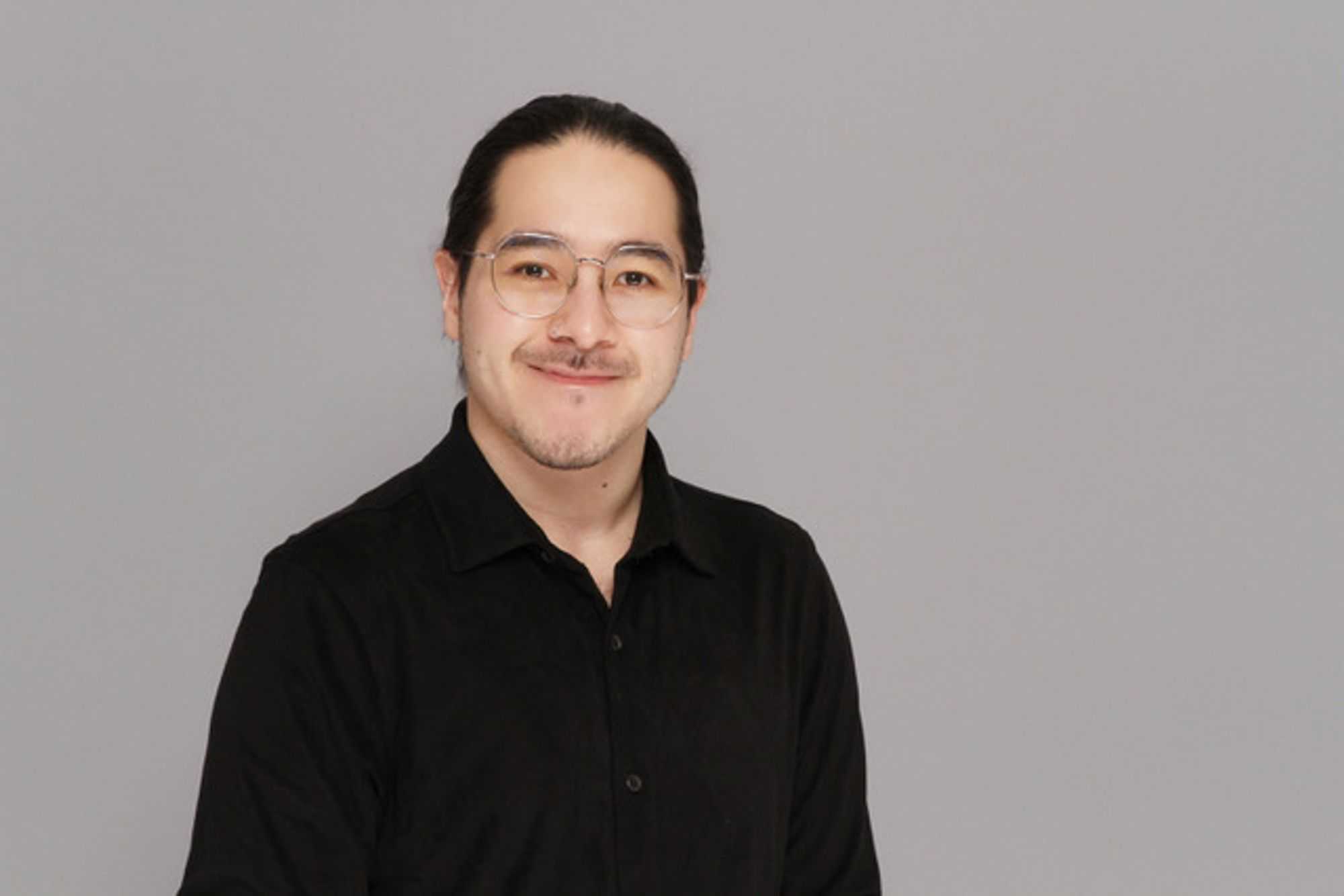Sustaining DH
Endings, Dependencies, Infrastructure
Principled approaches across the digital humanities, libraries, and other memory institutions—such as the FAIR, CARE, Endings, and minimal computing—have all sought to address the affordances and challenges of creating and maintaining sustainable digital infrastructure. The “danger of disappearance,” to use Amy Earhart’s term from Traces of the Old, Uses of the New (2015), looms over much of the work we do in DH, affecting all levels—for better or worse—of development, infrastructure, and planning. This talk thinks through “sustainability” across multiple registers to ask what we mean, and to whom we refer, when we invoke “sustainability” in our discussions of the digital humanities. Beginning with an overview of the Endings Principles, this talk will reflect on some of its more contentious dictums—such as “no dependencies”—as a way to consider not only the formal technical mechanisms for creating sustainable projects in the digital humanities, but also the social and political stakes of enacting them.
Speaker Bios
Joey Takeda is a Developer in the Digital Humanities Innovation Lab at Simon Fraser University Library. He holds an MA in English Literature from the University of British Columbia, a BA in English and Gender Studies from the University of Victoria, and is currently completing a Masters of Library and Information Science at the University of Alberta (where he is an ARL Kaleidoscope Scholar). He currently sits on the Text Encoding Initiative (TEI) Technical Council, the TEI By Example International Advisory Committee, and the Public Knowledge Project (PKP) Technical Advisory Committee and has worked on a variety of DH projects and initiatives, including The Map of Early Modern London, The Winnifred Eaton Archive, and The Endings Project. His current research centers on text encoding, digital critical editing, and sustainable infrastructures for DH development in academic libraries. His writing and research can be found in Digital Humanities Quarterly, Digital Studies / Le champ numérique, Digital Scholarship in the Humanities, and Legacy: A Journal of American Women Writers.
Media
A continuously updated schedule of talks is also available on the Digital Dialogues page.
Unable to attend the events in person? Archived podcasts can be found on the MITH website, and you can follow our Digital Dialogues Twitter account @digdialog as well as the Twitter hashtag #mithdd to keep up with live tweets from our sessions. Viewers can watch the live stream as well.
All talks free and open to the public. Attendees are welcome to bring their own lunches.
Contact: MITH (mith.umd.edu, mith@umd.edu, 301.405.8927).
